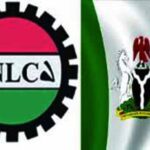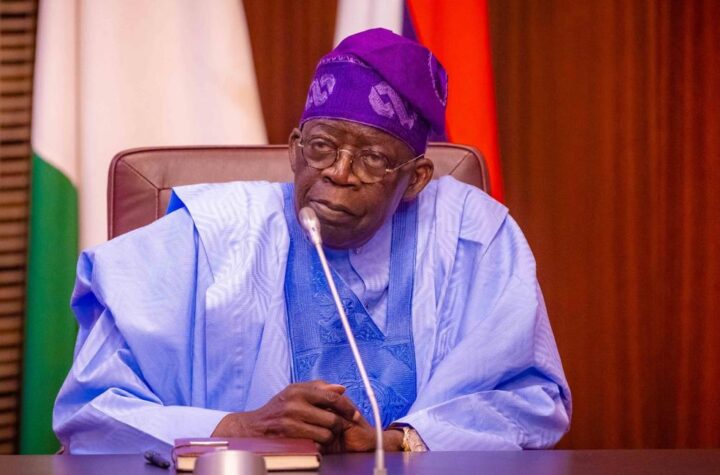

Do not say I told you that exchange rate in Nigeria in 1980 was 80k to 1$ in 1980 to ₦450 to 1$ today 9 July 2020.
Is discovery and exporting of petroleum product a blessing or a curse?
Then how did the kind of banana peels that led to where the country is today? We shouldn’t be surprised.
In 1980 we believe that hard work was key to growing the economy, Nigerians were far more productive then than we are today
In 1980 the key reasons for economic growth were are as follows:

1) We were a net exporter of refined petroleum products. Today we import all our refined petroleum products.
2) We rode in locally assembled cars, buses and trucks. Peugeot cars in Kaduna and Volkswagen cars in Lagos.
Leyland in Ibadan and ANAMCO in Enugu produced our buses and trucks.
Steyr at Bauchi producing our Agricultural tractors.
And it was not just assembly plants, we were producing many of the components.
Vono products in Lagos producing the seats.
Exide in Ibadan producing the batteries, not just for Nigeria but for the entire West Africa.
Isoglass and TSG in Ibadan producing the windshields.
Ferodo in Ibadan producing the brake pads and discs
Tyres produced by Dunlop in Lagos and Mitchelin in Portharcourt.
And I mean tyres produced from rubber plantations located in Rivers State.
3) We were listening to Radio and watching television sets assembled in Ibadan by Sanyo.
4) We were using refrigerators, freezers and Airconditioners produced by Thermocool.
5) We were putting on clothes produced from the textile mills in Kaduna, Chellarams and textile companies in Lagos.
Not from imported cotton but from cotton grown in Nigeria.
6) Our water was running through pipes produced by Kwalipipe in Kano. Today, public water is gone. Many landlords have individual boreholes. We have various water corporations in the 36 states and at federal level without functional public taps.
7) Our toilets were fitted with WC produced at Kano and Abeokuta.
8) We were cooking with LPG gas stored inside gas cylinders produced at the NGC factory in Ibadan. Though Nigeria is known as six largest producer of petroleum products, yet price of kerosene has gone out of the reach of many Nigerians.
9) Our electricity was flowing through cables produced by the Nigerian wire and Cable, Ibadan and Kablemetal in Lagos and Port Harcourt, yet today, seven years after privatisation of energy sector, most Nigerians still depend generators. Real sector spending billions of Naira for powering of their enterprises.
10) We had Bata and Lennards producing the shoes we were putting on
Not from imported leather but from locally tanned leather at Kaduna.
11) We were mainly flying our airways, the Nigeria Airways, to most places in the world.
The Airways was about the biggest in Africa at that time. By today, Nigerians cannot boast of functional national carrier.
12) Most of the food we eat were being grown or produced in Nigeria.
We were producing all of the above and more in 1980. Today, we import almost everything.
There lies the source of the terrible exchange rate we are experiencing today and everybody reading this has a critical role to play in reversing over dependence on importation of our petroleum products.
We export crude but import finished petroleum products with all the by-products.
Thanks be to God that President Muhammadu Buhari took drastic but painful step in closing border against smuggling of rice, by now, Nigeria would have learnt in very hard way when coronavirus pandemic shut the borders of each country and paralysed world economy.
Apart from this, it time for us to stop complaining about the exchange rate or point out what others are not doing or are failing to do, the key question is what are we producing or what are we planning to produce?
Going forward, it’s time to ponder and think of the way forward progressivesly to enable the country attain a better height after COVID-19.














More Stories
Naira depreciates to N1,405/$ in parallel market
FCCPC finally seals Abuja Chinese supermarket over discrimination against Nigerians
Recapitalization: CPPE implores CBN to ensure minimum risk to shareholders, employees